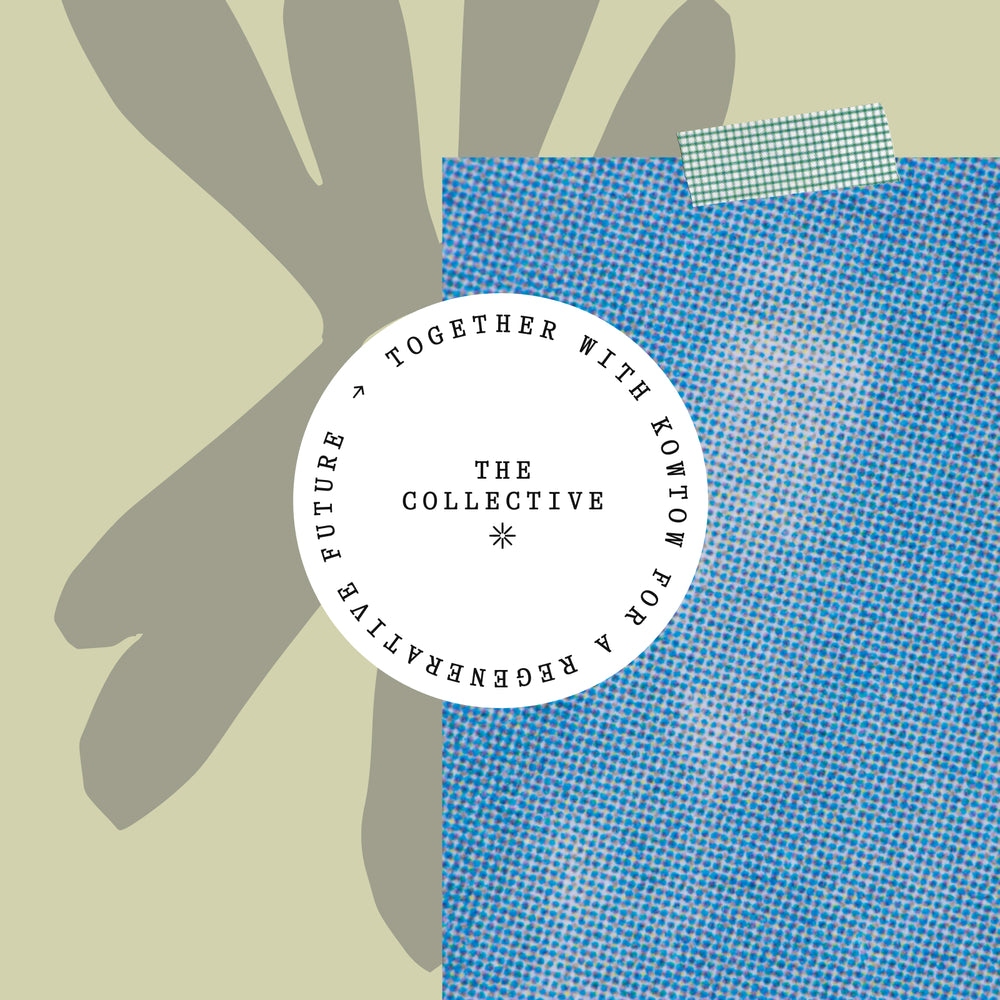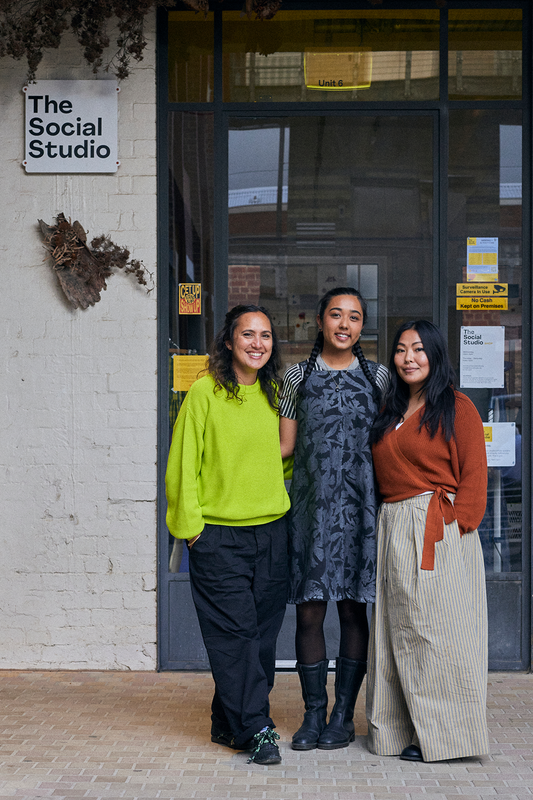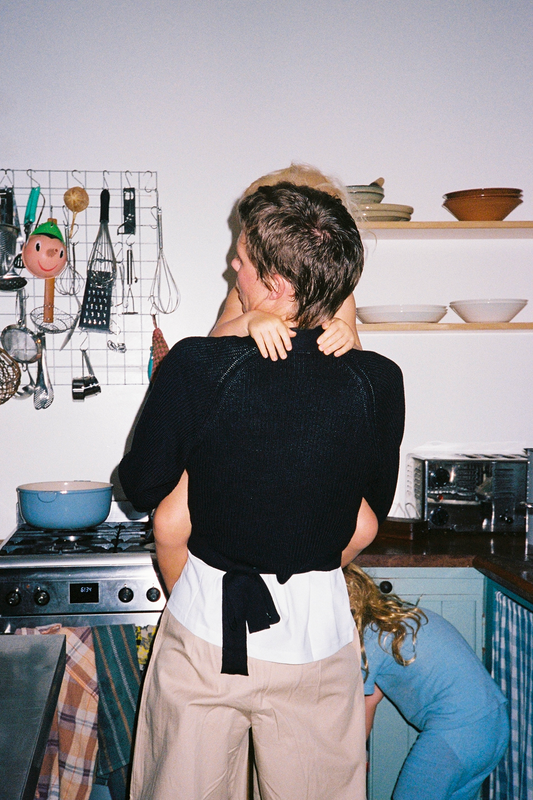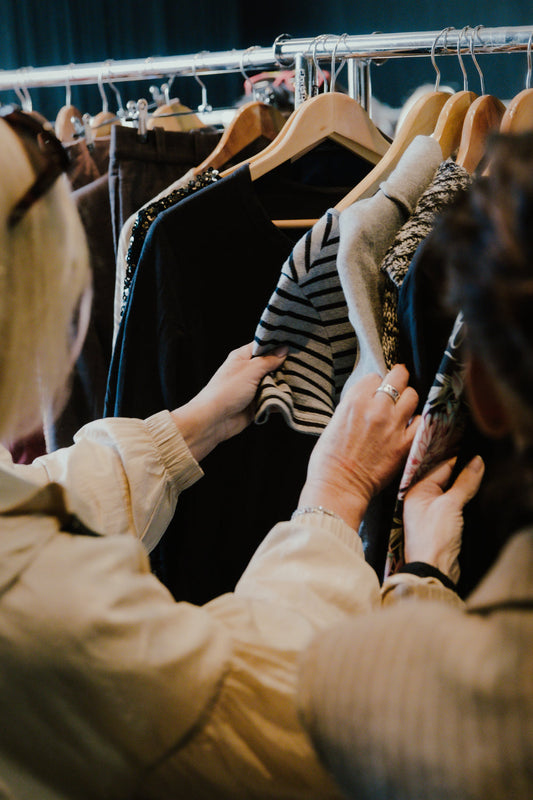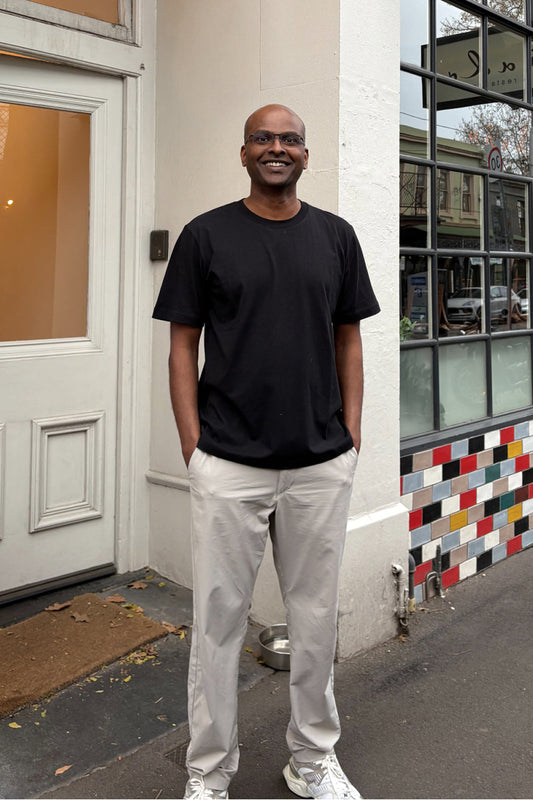
Wellington filmmaker Martha Jeffries has spent her career moving from sounding the alarm on climate change to spotlighting the solutions and the people behind them. Her work invites us to see ourselves not as separate from nature, but deeply intertwined with it.
Her latest series, Dynamic Planet, was filmed over three years across all seven continents. It follows the extraordinary humans and animals living on the frontlines of climate change, revealing how science, nature and indigenous knowledge can help shape a more resilient future.
To mark Earth Day, we spoke to Martha about standing up for change, the power of storytelling, and what gives her hope.
Your work has evolved from raising the alarm on climate change to connecting people with solutions. What led to that shift, and how has it changed the impact of your work?
Unfortunately, the time for raising the alarm has passed. We’re now seeing the impacts of the climate crisis all around us. But that hasn’t translated into the mass mobilisation we need to shift the systems driving the change. Instead we’re moving into a collective state of paralysis. So many people care deeply about the climate crisis — they want to be part of the solution — but they feel overwhelmed, unsure where to start, or like their actions won’t matter. So my goal is to focus on action - to inspire, engage and empower the people who care but don't know what to do. That starts by making climate action appealing. It’s not all sacrifice — most climate solutions actually make life better. Fundamentally, a climate-forward life is about finding better personal connections with our natural life support systems. I help people engage with that vision, process the complex emotions that come with living through a crisis, and then, find tangible ways to act — individually and collectively.
What do you think is the most powerful way individuals can contribute to meaningful climate action right now?
Politicians respond to demand, companies respond to trends. Remember that your voice, your choices, and your courage to care publicly are contagious. Systemic change starts with people who believe better is possible — and are willing to act like it.
The climate crisis can feel overwhelming. How do you personally stay motivated and avoid burnout?
It can feel like staring into the abyss at times. My work often requires me to confront the darkest parts of human nature — unchecked greed, the pursuit of profit for a few at the cost of a liveable planet for all. So I do have to actively counter that darkness. I finally started surfing regularly - at the age of 45! I bike everywhere. I meditate. Recently I’ve gotten into saunas and cold water swims. I actively pursue joy - laughing with friends is an essential fuel. I have six year old twins and holding their little bodies is a deeply grounding experience that brings me to the present and regulates my spinning mind. But also, what keeps me motivated is an unwavering sense of purpose. Being part of something bigger. Helping others move from paralysis to possibility. That’s what fuels me — even when it’s hard.

Have you ever faced resistance when advocating for change? How do you navigate those moments and keep pushing forward?
In what ways do you think our modern lifestyles have made us feel separate from nature, and how can we rebuild that connection?
So much of our experience is now mediated through small screens — from how we work, socialise, communicate and consume information. We’ve distanced ourselves from the physical world around us. In doing so, we’ve become less attuned to the rhythms of nature, and more disconnected from the very ecosystems we depend on.
But reconnecting is simpler than it may seem. It starts with reclaiming small, nature-based habits. Tap into your senses. Take the time to really look at the world around you — even the tiniest moments can be profound.
When you slow down and take notice, the complex perfection of nature is astounding. I find myself in awe everyday.
Indigenous knowledge often emphasises a deep relationship with the land. How can we learn from and integrate these perspectives into climate solutions?
To integrate Indigenous knowledge into climate solutions, we must first do the work to understand the Indigenous practices and worldviews of the land we inhabit. In Aotearoa, Te Ao Māori reminds us that all things are woven together — the land, the sea, the sky, and the people are threads in a single, living tapestry. This worldview calls for a deep respect for the environment as a living entity, not a resource to be exploited.
Māori practices like kaitiakitanga, the guardianship of the land, offer powerful models for how we can live in harmony with nature and take responsibility for its future. To truly learn from these perspectives, we need to listen, engage respectfully, and commit to decolonizing our approach to environmental issues. This means supporting Indigenous-led initiatives, advocating for the protection of sacred lands, and ensuring that decision-making is led by those whose ancestral knowledge holds the key to sustainable living. Ultimately, it’s about recognising that these teachings are not just historical — they are the solutions we need right now.


Do you have a favourite place in nature that reminds you why this work is so important?
What’s giving you hope right now? Are there any movements, innovations, or shifts in thinking that feel particularly exciting?
I don’t want to sugarcoat how I’m feeling right now — there are horrifying rollbacks happening, both in New Zealand and globally, just when we should be doubling down on climate solutions. I’m pretty frustrated. But that doesn’t mean I’ve given up. By nature, I’m an optimist, and I believe we can do better. But optimism and hope have to be more than a passive stance — they need to live alongside action. Feeling the complicated range of emotions the climate crisis evokes is important - we should be sad, frustrated, angry! Those feelings are not only valid, they’re useful. Studies show that people who experience distress about climate change are more likely to engage in collective action.
What does give me hope is knowing how many people care deeply. Now the task is to engage and activate all of those people, bring them off the sidelines and into the climate movement.
It’s not about waiting for a perfect solution but finding the courage to act now — together. That’s where we’ll find our greatest strength.
Your latest documentary series, Dynamic Planet, takes viewers on a journey to understand our changing world. What do you hope people take away from it?
Interconnectedness is at the heart of the story we’re telling. We’re part of nature, not separate from it, and what happens in one part of the world has implications in another. One of the key themes of the series is that Indigenous knowledge systems hold many of the answers we need. These perspectives offer wisdom that has been honed over millennia and aligns with what science recognises — that we need to work with nature, not against it. Just as nature thrives on biodiversity, so too does our thinking. We need a diversity of thought, of approaches, and of solutions to tackle the climate crisis. I hope viewers walk away with a deeper understanding of this, and a renewed sense of urgency. We can change direction, but we need every solution, and every solver.
Storytelling is a powerful tool for climate action. How do you approach making science and environmental issues engaging and accessible to a broad audience?
Context is key. It’s about connecting the dots between the natural destruction we see and the reduction of the quality of lives we love living. Climate change isn’t just a scientific issue — it’s a deeply personal one. When people can see how environmental shifts affect the places, experiences, and communities they care about, the issue becomes more real, more urgent.
The show covers both the challenges we face and the solutions emerging around the world. Was there a solution or innovation that left you feeling especially hopeful?
It wasn't so much one specific solution, but the collective power of all these solutions and solvers, working across the globe in their respective ways - not always knowing if what they are doing will work, but doing it anyway. It’s the sum of these efforts that gives me hope — because it’s a reminder that change doesn’t need to come from one grand, perfect solution. It’s happening in the small, meaningful actions taken by so many. I hope the series inspires viewers to do their part in this collective global effort.
What story needs to be told right now, and where do we go from here?
The story we need to tell isn’t just about the crisis we’re in; it’s about the power we still have to break free. We should not be held hostage by systems that prioritise power and profit over liveable futures. The few people at the top who’ve built their empires on the backs of a dying planet can’t be allowed to dictate the future. It’s time for the rest of us — the vast majority who care — to rise up and take back control.
We’ve lost time, no question, but that doesn’t mean we’re out of options. Every fraction of a degree of warming we stop, every shift we make, matters. This isn’t about waiting for someone to save us. It’s about realising that we are the only ones who can save ourselves. If enough of us stand together, challenge these systems, and demand real change, we’ll see a world where power and profit no longer come before people or planet. This story is ours to write. And it’s a story of defiance, hope, and unyielding belief that we can still make a difference.
